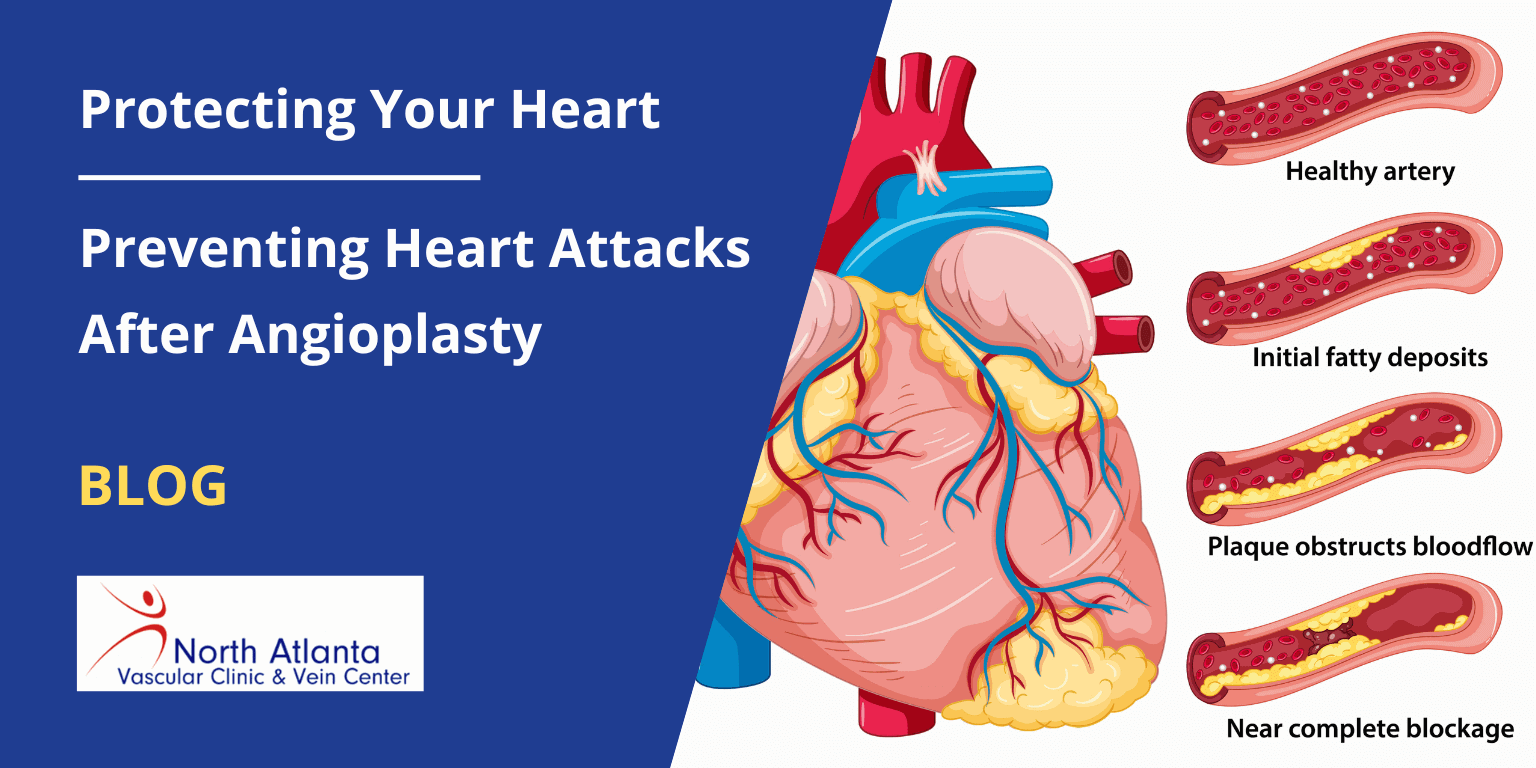



Undergoing angioplasty is often considered a lifesaving procedure for individuals with coronary artery disease. It involves opening blocked or narrowed arteries to restore proper blood flow to the heart. While angioplasty has proven to be highly effective, there is a small risk of complications, one of which is a heart attack. Understanding this occurrence of a heart attack after angioplasty is critical for patients, their families, and cardiologist.
This blog will dive into heart attacks after angioplasty, exploring the causes, potential risks, and ways to mitigate these dangers.
Angioplasty-related Heart Attack Causes
Despite a successful angioplasty, the treated arteries have the potential of re-narrowing or restenosis over time. This recurrence may restrict blood flow, resulting in a heart attack.
Thrombosis, called blood clot formation, can happen inside the treated arteries or in neighboring blood vessels during or after angioplasty. A heart attack may result if a clot obstructs the blood supply to the heart.
Angioplasty treats blockages brought on by plaque accumulation. This plaque may be unstable in particular circumstances and liable to rupture. A plaque rupture may cause blood clots to develop, blocking blood flow and perhaps resulting in a heart attack.
Angioplasty targets specific blockages. However, people may still have coronary artery disease in other places. A heart attack after angioplasty may occur if these untreated diseases run into blood clot development.
Following angioplasty, the chance of having a heart attack rises due to certain lifestyle factors, including smoking, inactivity, a poor diet, uncontrolled diabetes, and hypertension. These factors can cause new blockages to form or exacerbate existing ones.
Research has indicated that the possibility of having a heart attack after angioplasty varies based on several factors. The American College of Cardiology discovered that the overall incidence of heart attacks after angioplasty is between 1 and 3 percent. Patients with severe or complex coronary artery disease, multiple blockages, or a history of previous heart attacks may be at higher risk. The study also discovered that post-angioplasty heart attacks are influenced by restenosis, blood clot development, and plaque rupture.
There is generally little chance of experiencing a heart attack after angioplasty. Such risks may disrupt the recovery after a stent in the heart. The following are some of the looming dangers of angioplasty and stents.
Effective tips for preventing heart attacks after stenting are as follows:
At North Atlanta Vascular Clinic and Vein Center, we deliver comprehensive and advanced treatments for heart disease. With our expert team, state-of-the-art facilities, and innovative approaches, we deliver personalized care and cutting-edge interventions to ensure the best outcomes for your heart health. Take the first step towards safeguarding your heart health today! Contact us today to learn more about our services.